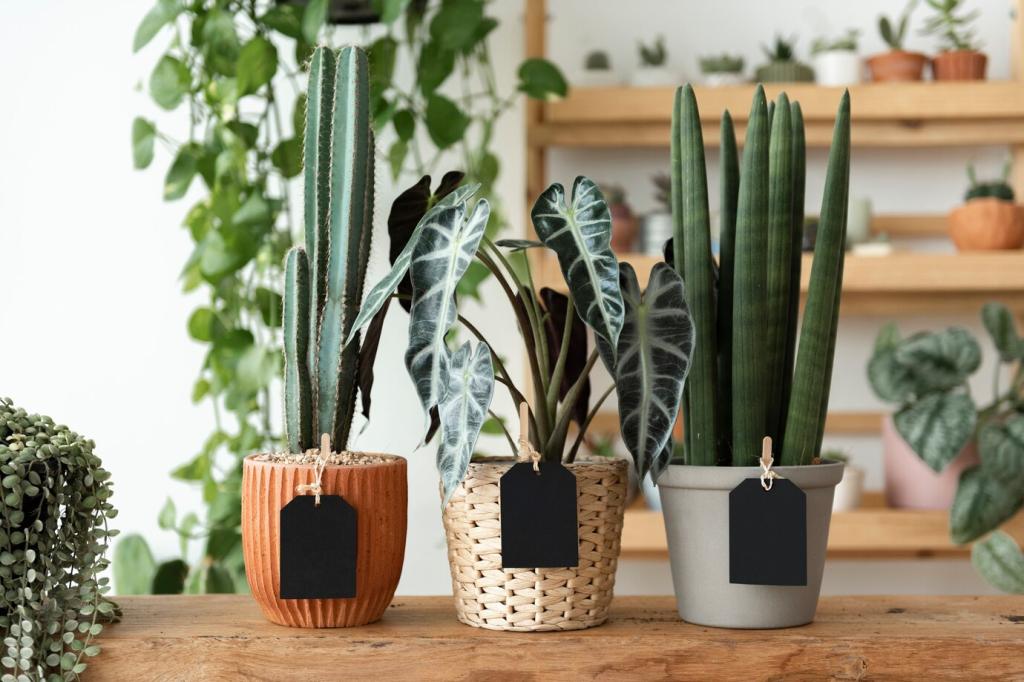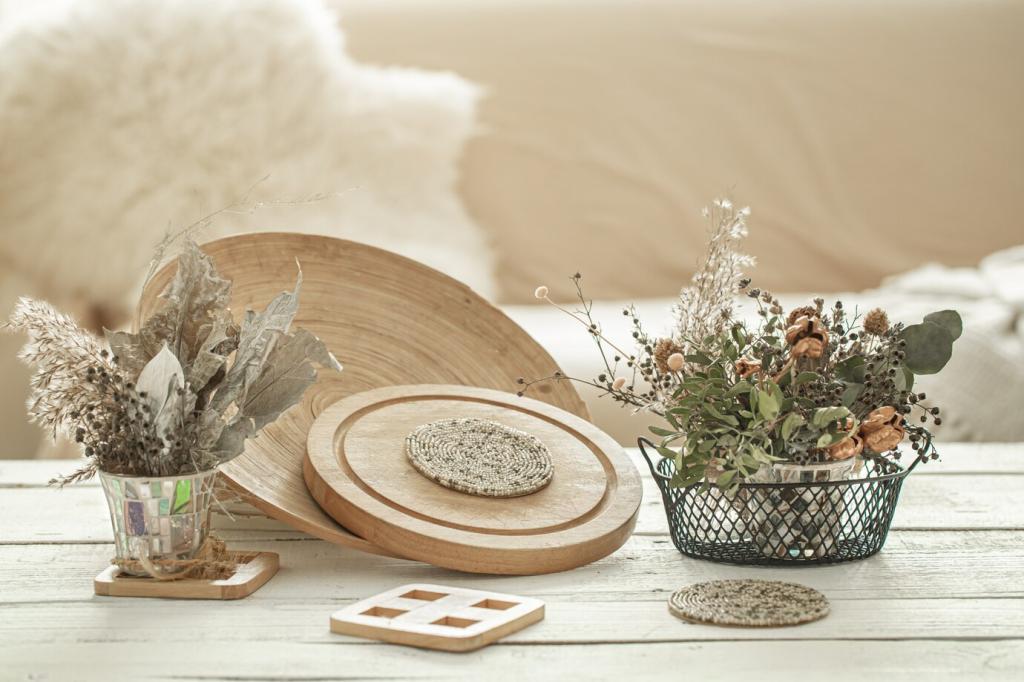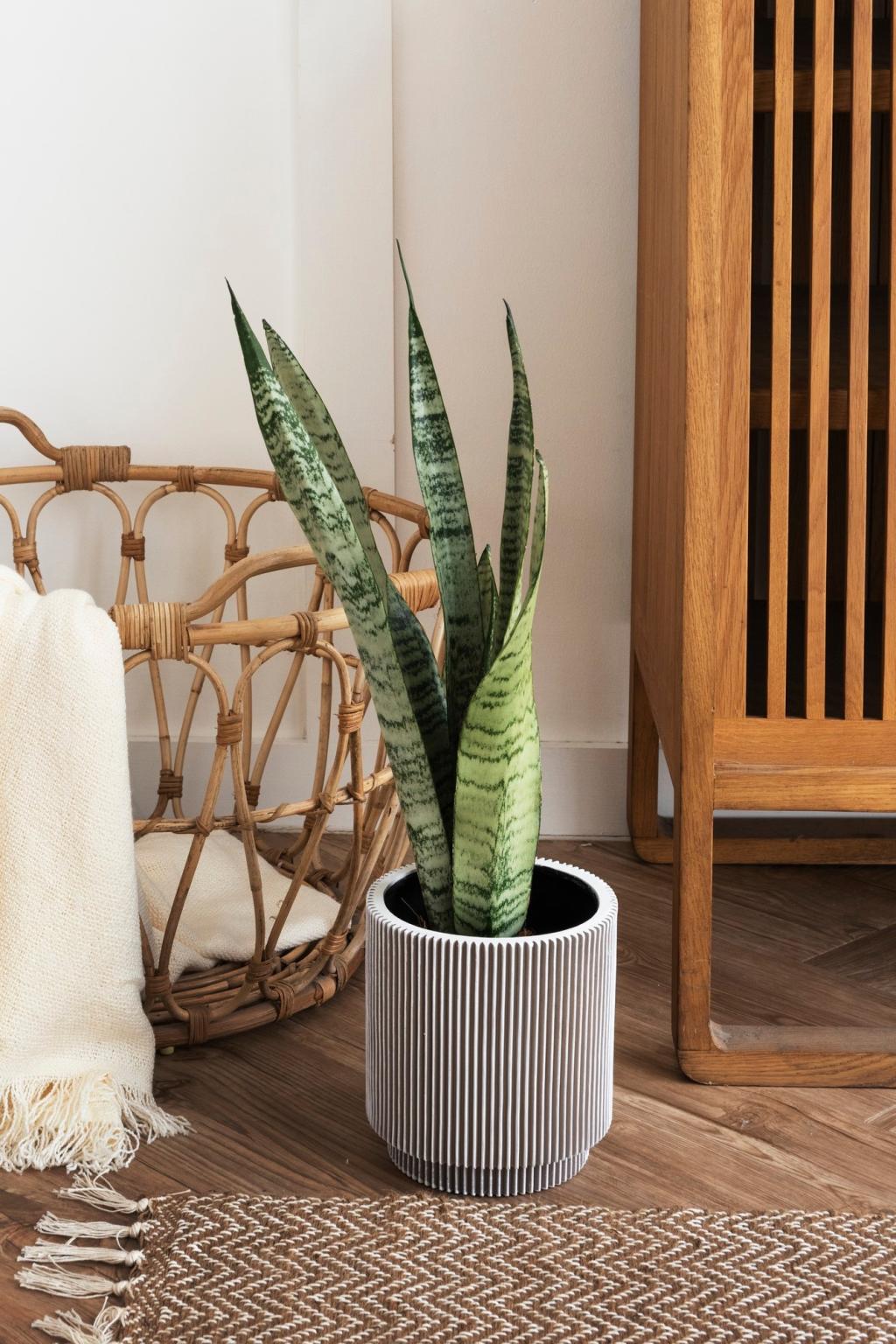
Sustainable Materials in Interior Design: Thoughtful Living Starts at Home
Chosen theme: Sustainable Materials in Interior Design. Step into a home that tells a greener story—where mindful materials, purposeful textures, and grounded choices shape spaces that feel beautiful, honest, and enduring.
Why Sustainable Materials Matter Today
From Footprint to Handprint
Sustainable materials transform environmental footprint into handprint—positive action you can feel underfoot and across your walls. Every choice becomes a small, steady vote for healthier forests, cleaner air, and resilient communities.
Healthier Homes, Happier Days
Low-toxicity materials support clearer breathing, calmer sleep, and fewer headaches from off-gassing. Choosing safer finishes and furnishings often results in quieter acoustics, warmer textures, and a home that genuinely restores energy.
Your Voice Shapes the Industry
Ask retailers about sourcing, finishes, and certifications. When you comment, subscribe, and share your goals, you encourage better transparency and push brands toward meaningful, measurable sustainability improvements.
Naturals That Work: Cork, Bamboo, and Hemp
Harvested without felling trees, cork provides gentle resilience, quiet acoustics, and cozy warmth. A reader from Lisbon shared how cork floors softened echoes in a small apartment, making evening conversations tender and unrushed.

Naturals That Work: Cork, Bamboo, and Hemp
Fast-growing and incredibly versatile, bamboo can be strand-woven for impressive hardness or crafted into sleek cabinetry. Seek verified adhesives and finishes, then share photos of your favorite bamboo details to inspire our community.
Reclaimed, Recycled, Remarkable
A designer friend salvaged barn boards for a dining table, leaving saw marks visible beneath a natural oil finish. Guests always ask about the history, sparking conversations that turn dinner into storytelling.

Finishes That Breathe: Low-VOC and Natural Alternatives
Look for low-VOC and no-added-formaldehyde claims, then confirm with trusted certifications and safety data sheets. If a product seems vague about emissions, ask the manufacturer questions—your curiosity can catalyze industry clarity.
Proving It: Certifications and Lifecycle Thinking
Reading Labels Without Overwhelm
FSC and PEFC help validate responsible wood sourcing. Greenguard and similar programs address emissions. Cradle to Cradle evaluates material health and circularity. Bookmark these terms, and share any certifications you find especially helpful.
Embodied Carbon in Plain Language
Embodied carbon measures emissions from extraction through manufacturing and transport. Favor local, recycled, and lower-impact options when feasible, then tell us which material swaps made the biggest difference in your project planning.
Ask Three Questions, Every Time
Where was this made, how was it finished, and what happens at end-of-life? Post your answers—or unanswered gaps—in the comments, helping others navigate the same choices with greater confidence and clarity.

Designing with Story: Texture, Color, and Place
Think bark browns, olive greens, clay reds, and cloud whites—tones that flatter natural fibers and reclaimed woods. Share your palette experiments, and tell us how daylight shifts their mood across morning and evening.
Designing with Story: Texture, Color, and Place
Pair nubby hemp with smooth bamboo, cool recycled glass with warm cork. This gentle contrast feels human and grounded, inviting touch and conversation while celebrating the quiet sophistication of honest materials.


Design for Repair, Not Disposal
Choose modular shelves, replaceable cushion covers, and finishes that can be refreshed, not stripped. Tell us which repairable details you rely on most, so others can build smarter, more adaptable spaces.
Care Routines That Preserve Beauty
Gentle, manufacturer-recommended cleaners protect finishes and fibers. Seasonal check-ins catch small issues early, extending life while keeping patina charming rather than careless. Share your go-to maintenance tips with the community.
End-of-Life with Intention
Research take-back programs, resale options, and material-specific recycling facilities before purchase. Comment if you discover a great local resource, and subscribe for updates as we map circular options city by city.
